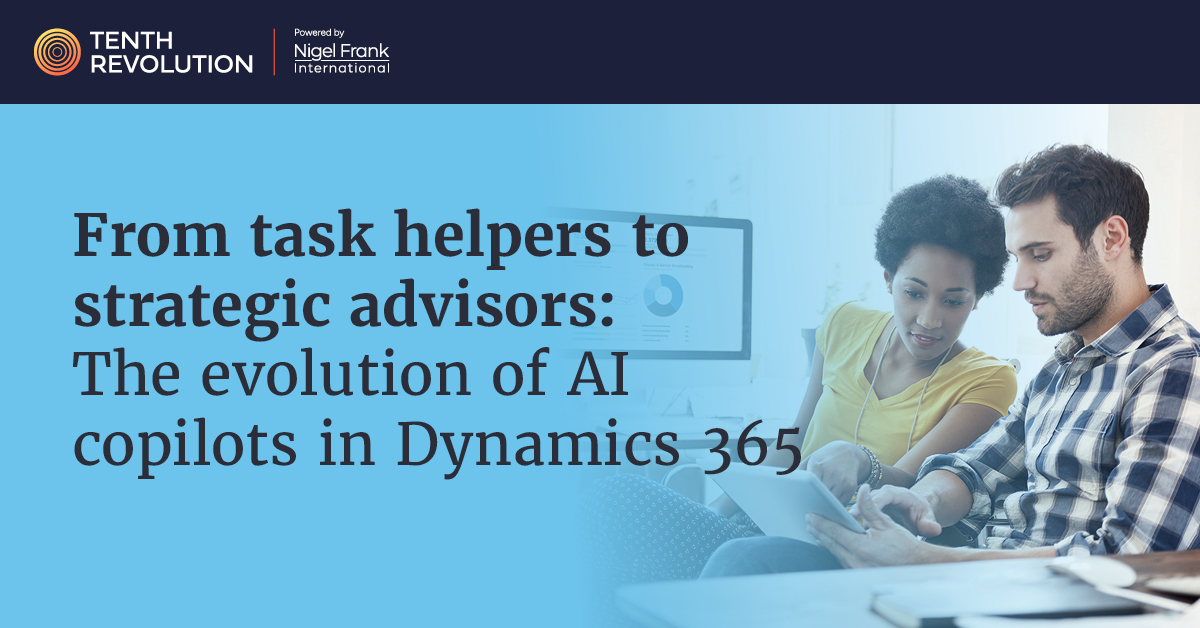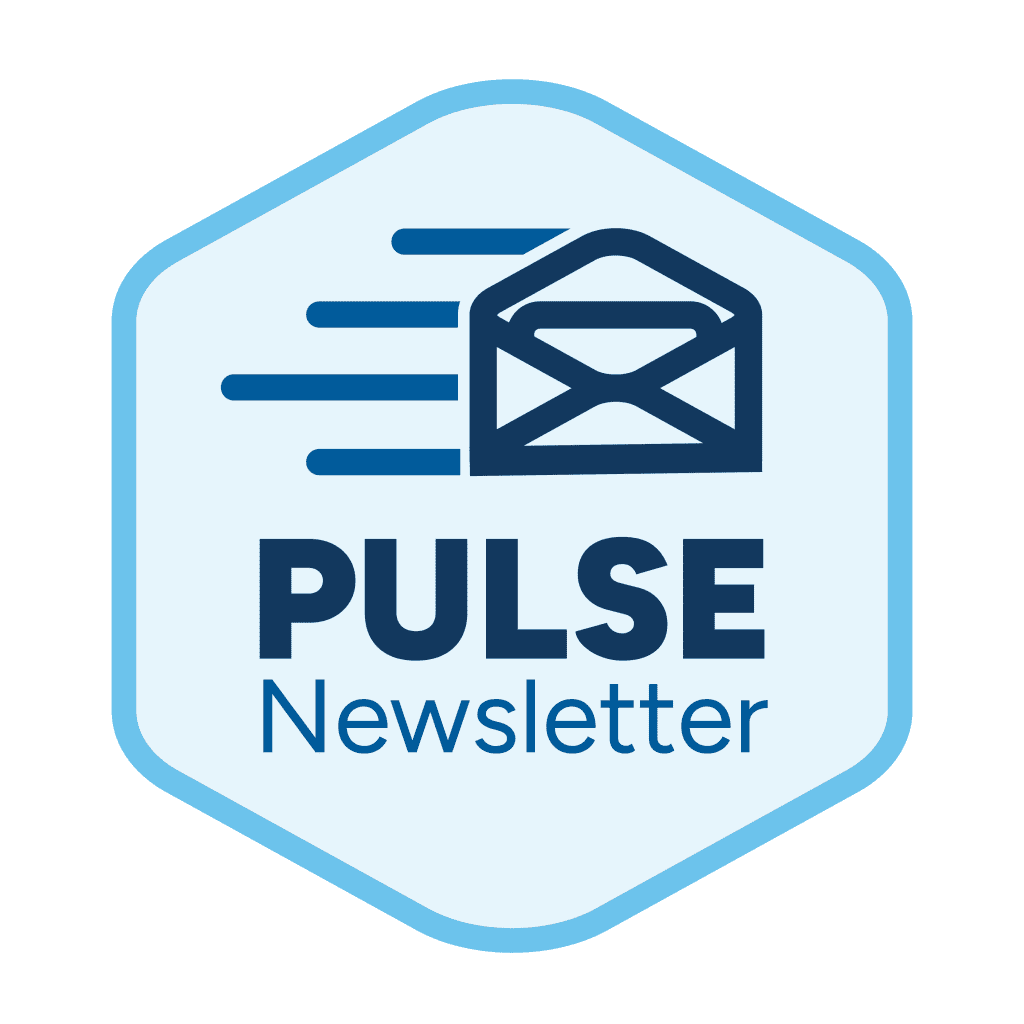
As Power Platform adoption grows, enterprises are moving from experimentation to structure.
Early Power Platform projects started small. One team built an app, and another created a dashboard. Over time, those tools multiplied, and companies began to see the need for shared standards, secure environments, and dedicated staff to manage them.
This shift marks the rise of Centers of Excellence (CoEs). These teams set the rules, guide creators, and connect business users with IT. They help companies scale automation without losing control.
Why enterprises need structure now
When Power Platform use expands without oversight, problems appear fast. Duplicate apps waste effort. Poor data control creates risk and support requests pile up.
A Center of Excellence solves these problems by setting policies and providing help. It defines which environments exist, who can make apps, and how data connects across systems. With these guardrails, innovation stays safe and consistent.
A mature Power Platform needs three things: clear ownership, trained users, and aligned goals.
How CoEs change team design
CoEs introduce new roles into existing structures. They don’t replace IT; they extend it. Common roles include:
- Platform administrators who manage environments and permissions
- Governance architects who design data and security standards
- Community leads who support citizen developers and share templates
- Training coordinators who teach best practices and track adoption
Together, these roles form a bridge between technical teams and business users. They help departments build solutions quickly while keeping the platform compliant and secure.
Technology alone doesn’t keep systems stable. Skilled people do. Nigel Frank helps companies find Power Platform professionals who can manage structure, compliance, and growth within enterprise environments.
From pilot projects to enterprise operations
Small Power Platform projects often succeed because they move fast. But at scale, that same speed can cause issues. Without shared standards, apps may overlap or conflict. Data becomes harder to trace.
A CoE sets up review steps before new tools go live. It provides templates and automation models for teams to reuse – this creates consistency while reducing time to delivery.
For large organizations, this structure allows hundreds of users to build apps safely. It also makes it easier to onboard new teams and meet audit requirements.
The link between governance and collaboration
Governance is sometimes viewed as restrictive, but in practice, it supports collaboration. When employees know the rules, they build with more confidence.
The best CoEs create open forums for learning. They share working examples, highlight successful apps, and offer office hours for citizen developers. These efforts build trust between IT and business departments.
Clear governance reduces risk. Shared learning increases creativity. Both depend on having the right people in the right roles.
As the Power Platform matures, companies that invest in these governance skills grow faster and avoid setbacks. Nigel Frank connects employers with Power Platform professionals who can lead this balance of freedom and control.
Building a CoE that lasts
A sustainable CoE doesn’t only manage today’s activity; it plans for what’s next. That means tracking adoption, maintaining documentation, and reviewing security often.
It also means expanding the scope as Microsoft adds new features, such as AI Builder and Copilot integration. Each update changes how data flows and who needs access. A strong CoE adapts without losing transparency.
For executives, success depends on viewing governance as a business asset, not a technical expense. With the right people in place, the CoE becomes a driver of innovation and a safeguard against disruption.




